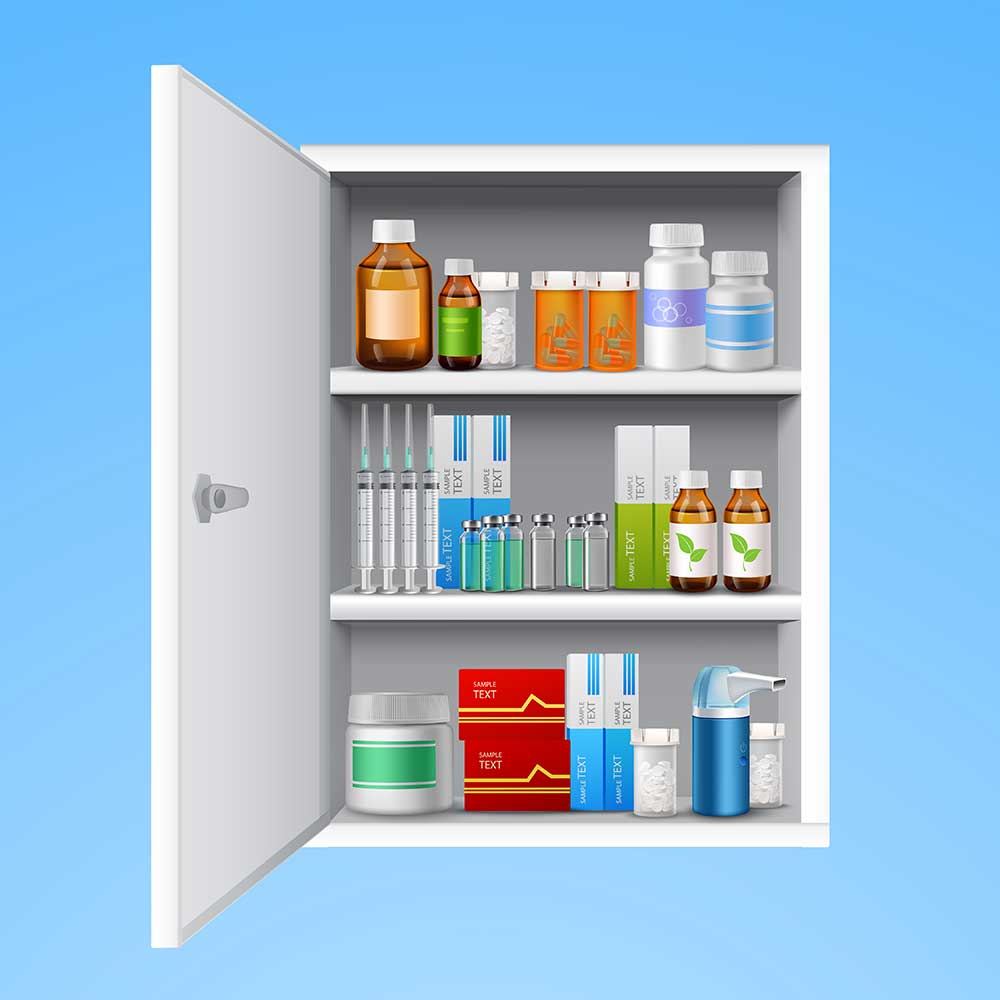 The most common prescription drug abuse occurs with three classes of drugs: opiates, stimulants, and anti-anxiety/sedatives. These medications are typically prescribed in limited quantities for short-term relief of acute pain, anxiety, depression, and sleep disorders. Some patients, however, develop chronic pain or have systemic diseases that result in long-term use of these meds. The unforeseen consequences of long-term use is dependence and prescription drug abuse. The patient population that is especially vulnerable to prescription drug abuse is made up of individuals who have a history of mental illness and family or childhood trauma (Forman, 2015).
The most common prescription drug abuse occurs with three classes of drugs: opiates, stimulants, and anti-anxiety/sedatives. These medications are typically prescribed in limited quantities for short-term relief of acute pain, anxiety, depression, and sleep disorders. Some patients, however, develop chronic pain or have systemic diseases that result in long-term use of these meds. The unforeseen consequences of long-term use is dependence and prescription drug abuse. The patient population that is especially vulnerable to prescription drug abuse is made up of individuals who have a history of mental illness and family or childhood trauma (Forman, 2015).
Due to the mind-altering properties of some drugs, it is incumbent on medical professionals to closely monitor their patients who are being treated with opiates for pain (e.g. Oxycontin, Vicodin), anti-anxiety medications (e.g. Xanax, Valium), sedatives (e.g. Ambien), and stimulants (e.g Ritalin, Adderall). Patient monitoring should not be isolated or limited to medical side effects like high or low blood pressure, drowsiness, weight loss, and/or poor coordination. It is critically important for medical professionals to look out for behavioral changes that flag potential prescription drug abuse.
Cracks and omissions in a patient’s medical history, before and after receiving prescription drugs, need to be identified as soon as possible. While signs and symptoms of prescription drug abuse vary from one drug to another, the behaviors have red flags all over them, as outlined below by the Mayo Clinic:
- Taking higher doses than prescribed
- Excessive mood swings or hostility
- Increase or decrease in sleep
- Poor decision making
- Appearing to be high, unusually energetic or revved up, or sedated
- Continually “losing” prescriptions, so more prescriptions must be written
It is important to advise and remind patients that drug therapies carry the potential for dependence and prescription drug abuse. In so doing, some patients may welcome or initiate a discussion about alternative treatments. A professional, candid, and non-judgmental dialogue with patients about prescription drug abuse is a valuable step in treating the whole person.
If you are concerned that your patient may be struggling with dependence or addiction to prescription medication, detoxification and residential addiction treatment may be recommended.
If you have questions, please give us a call anytime at (713) 769-0102, or to refer your client to us directly, please fill out this form.
Sources
Forman, Howard. (2015, May 7). Prescription for Disaster: Developing an Opiate Dependence. Retrieved from: http://health.usnews.com/health-news/patient-advice/articles/2015/05/07/prescription-for-disaster-developing-an-opiate-dependence.



